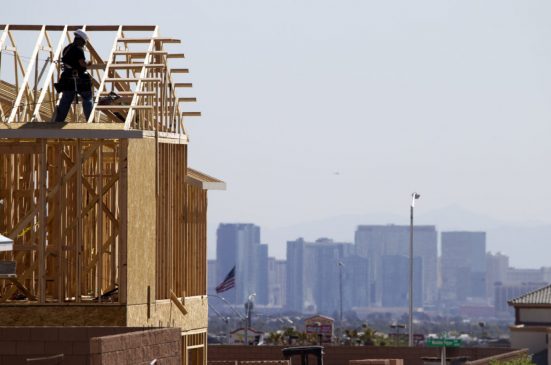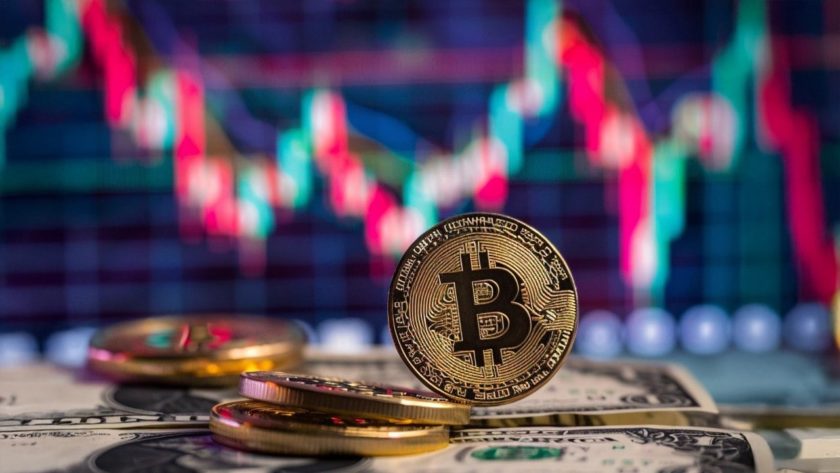- Coronavirus is leaving a dent in the Chinese economy, as evidenced by the latest indicators on home sales, inflation and manufacturing productivity.
- The rapidly spreading virus threatens to disrupt trade and economic growth in key regions, leaving markets exposed to devastating pullbacks like we saw last week.
- The economic disruption caused by coronavirus is already impacting real estate in key Asian locals. America’s housing market could be the next domino to fall.
The Wuhan coronavirus is wreaking havoc on China’s economy. Surging inflation, declining productivity and plunging home sales are tell-tale signs the country is ill-equipped to deal with a large-scale epidemic.
As coronavirus continues to spread, housing activity in key Asian markets is already under pressure. It may not be long before an overstretched U.S. housing market feels the after-effect of the Wuhan disease.
Coronavirus Could Disrupt Fragile U.S. Housing Recovery
The coronavirus epidemic is barely two months old, but it has already had an immediate impact on the U.S. economy. Latest PMI figures from Markit showed the U.S. economy barely grew in February as services activity – the largest component of GDP – contracted for the first time since 2013.
Microsoft and Apple’s revised revenue guidance for the quarter also indicate major disruptions due to the novel disease. This means the outbreak could be impacting the business cycle.
Coronavirus is spreading faster outside China, stoking global fears.
Housing could be the next domino to fall as coronavirus impacts all corners of the real estate market. The cost of building materials could rise if production from overseas slows down. The net effect would be a slowdown in construction and a rise in property values.
That’s bad news for first-time homebuyers and others struggling to keep up with rapidly rising property values. As it stands, average wages in America are barely ahead of the official inflation numbers. Median home prices are rising faster than wages.
Frank Nothaft, chief economist for CoreLogic, told Yahoo Finance that predicting the impact of coronavirus on real estate is tricky business. But he did say “some economic impacts are clear.”
He elaborates:
Economic growth will likely be slower this year than was previously thought. A recession in 2020 is unlikely but can’t be ruled out. The prospect of weaker economic growth coupled with investor ‘flight to quality’ in global capital markets has pushed long-term interest rates down.
Coronavirus has already had a direct impact on Chinese real estate. New apartment sales plunged 90% annually in the first week of February, with Bloomberg forecasting an even bigger disruption than the 2003 SARS outbreak.
In Hong Kong, commercial property transactions recently crashed to an all-time low.
Beyond the immediate economic impact, coronavirus could affect foreign demand for U.S. properties. Chinese nationals have been more reluctant to purchase American real estate since the Trump-led trade war was initiated, and this trend is likely to continue with Chinese capital under lock down.
Federal Reserve Could Delay the Inevitable
The Federal Reserve is unlikely to sit idly by and let the bubble it created pop anytime soon. For investors, the writing’s already on the wall: The Fed will cut rates multiple times this year to keep the debt-fueled economy humming along.
With a confidence rate of 100%, Fed Fund futures are pricing in a 50 basis-point cut in March:
In all of 2020, traders expect the federal funds rate to fall by 100 basis points:
Rate-cut expectations lifted the U.S. stock market from a weeklong rut on Monday, but the hopium is unlikely to last, according to CNBC’s Jim Cramer.
In a recent episode of “Squawk on the Street,” Cramer said:
Unless the Fed can create a vaccine or beat the virus, then it really doesn’t matter.
Watch Fed Chair Jerome Powell talk about the evolving risk of coronavirus on the U.S. economic outlook.
Coronavirus could be the Black Swan event that triggers a major economic downturn in the United States and globally. The stock market is already pricing in such a downturn, and the spillover effect could hit real estate relatively shortly.
Recall that the Fed had already lowered interest rates long before coronavirus was on anybody’s radar. By lowering rates, central bankers practically conceded that the economy wasn’t as strong as they made it out to be in their FOMC policy statements.
While low interest rates are a boon to home sales, they’re declining at an alarming rate. That’s usually a sign that the economy is in bad shape (something we’ve long known but the Fed hasn’t admitted). Activity in the U.S. bond market also suggests investors are bracing for a possible recession within the next year.
Unlike previous rounds of Fed stimulus, salvaging the housing market is far from guaranteed this time. The unintended consequence will be to continue fueling the debt bubble and guaranteeing that interest rates can never be normalized again.
Disclaimer: The opinions expressed in this article do not necessarily reflect the views of CCN.com.
This article was edited by Josiah Wilmoth.
Last modified: March 2, 2020 7:00 PM UTC




